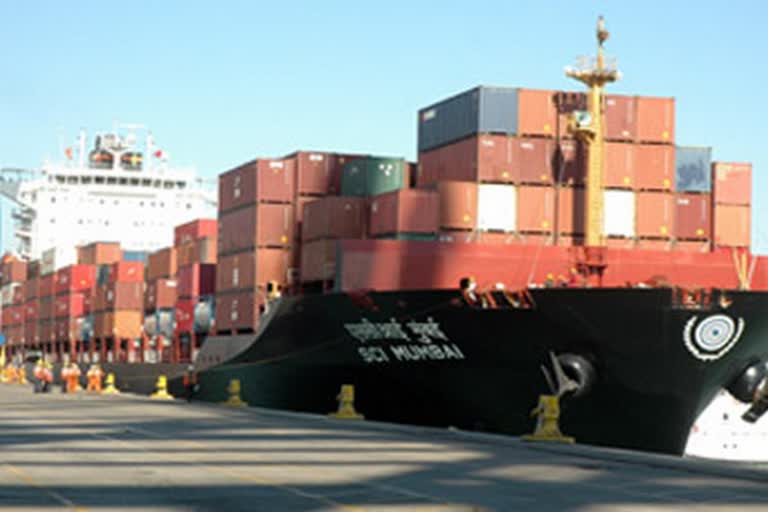Washington:Barriers in the trade have fallen and many processes have been simplified as a result of the series of key reforms instituted by the Indian government, a top corporate body from Silicon Valley has said.
The Bay Area Council, in its latest report on India, said that sustained economic growth and national strategies that push digitisation across a range of sectors and services are creating unique synergies with the Bay Area that open the door to new opportunities, as Bay Area companies expand their global footprint and diversify their market presence in Asia.
"India remains a complex place to do business, but with reforms instituted by the Modi government, barriers have fallen and many processes have been simplified. The re-election of Prime Minister Narendra Modi to a second term in May 2019 assures that these reforms will continue," the Bay Area Council has said.
The report 'The Bay Area-Silicon Valley and India: Convergence and Alignment in the Innovation Age', said that as with any relationship between major countries, there are complex issues.
The imposition of 25 per cent and 10 per cent steel and aluminium tariffs by the US in 2018 led India to impose retaliatory tariffs in 2019.
Also read:Illicit money outflows average 10% of GDP: Parlimentary panel
The US withdrawal of Generalised System of Preferences (GSP) benefits has also exacerbated the trade relationship, it said.
"On the Indian side, government proposals to require data generated in India to be exclusively stored in India, and proposed data privacy regulations that are among the most stringent in the world, have drawn strong opposition from both Indian and US IT and financial services companies," the report said.
Noting that India is a largely untapped market for financial services, the report said that the Modi government sees mobility, fintech and a cashless society as keys to financial empowerment and business growth, providing access for ordinary Indians to credit, insurance, digital payments, and e-commerce.
"Fintech acceptance and adoption have grown rapidly, with the traditionally cash-driven Indian economy responding well to the fintech opportunity primarily triggered by the related surges in e-commerce and smartphone penetration," it said.
The shift to digital payments promises to revolutionise India's economy and in the process transform the financial sector.
Credit Suisse forecasts that digital payments will become a USD 1 trillion market in India by 2023.
Bay Area companies like Visa, PayPal, WhatsApp and Google have made inroads in financial services markets but face competition from local service providers as well as regulatory challenges said the report, which was released in the presence of India's Ambassador to the US Harsh Vardhan Shringla last week.
Observing that the potential for the India-US trade and economic relationship is huge, Shringla called upon the companies in the Bay area to become partners in the Indian growth story.
"First, as a source of capital. In order to achieve the growth trajectory that we have set out for ourselves, we need adequate funding to be channelised in all critical sectors of the economy - be it infrastructure, manufacturing, housing, health, education.
"Second, as a source of cutting-edge technology in the upcoming areas such as artificial intelligence, automation and robotics, semiconductors, biotechnology, nanotechnology, Electric vehicles and battery storage technologies," he said.
"US technology can also help in other areas that have an economic value such as space exploration, space mining, renewable energy, healthcare and life sciences, aerospace and defence, agriculture, water through innovation. Third, as a source of employment generation and increasing trade for the mutual benefit of both the countries," Shringla added.
